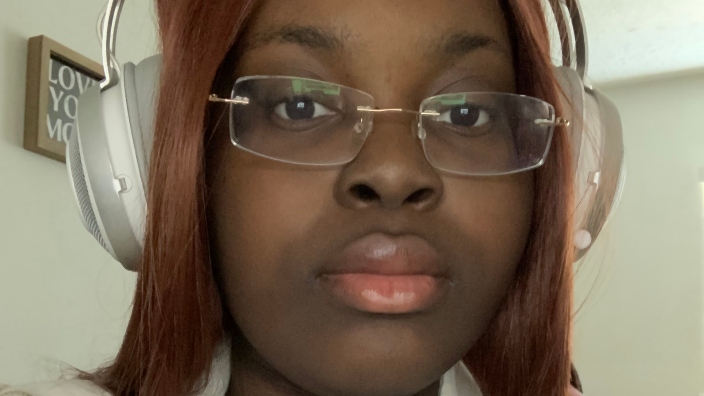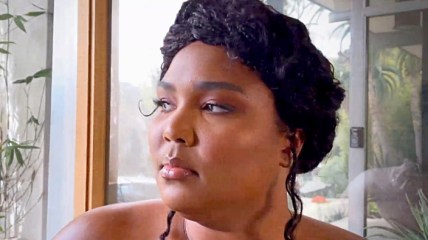Black teen with sickle cell disease first gene therapy patient at Texas Medical Center
The only cure for sickle cell disease is a bone marrow transplant from a matched sibling; Helen Nduku didn't have one.
Sickle cell disease had a devastating effect on 17-year-old Helen Nduku’s life. The disease often landed her in the hospital, sometimes for weeks.
“Imagine someone squeezing and stabbing you at the same time,” the Katy, Texas, teen told The Houston Chronicle. “It’s very much like that. It’s intense, down in your bones.”

The debilitating blood disease disproportionately affects African Americans, and the only cure is a bone marrow transplant from a matched sibling.
But Nduku has no matched siblings.
As a result, she became the first patient in the Houston-based Texas Medical Center to receive gene therapy for sickle cell disease. By modifying the patient’s blood in a lab, the patient can become their own donor.
Dr. Tami John, assistant professor, Department of Pediatrics, Section of Hematology/Oncology, Baylor College of Medicine, told The Chronicle that modifying stem cells can last up to three months, with the timeline from collection to manufacturing of cells taking roughly four to six months. The process also means chemotherapy, which kills off the original bone marrow, setting the stage for the transplant of healthy cells.
“Our team is thrilled to collaborate on this life-altering form of therapy and give a new beacon of hope to people around the world living with severe sickle cell disease,” Dr. John, who is also a bone marrow transplant specialist at Texas Children’s Cancer and Hematology Center and the Center for Cell and Gene Therapy, told theGrio. “Over the next decade, I envision a bright future of ever-expanding access to disease-modifying therapies and therapies with curative intent for sickle cell disease, including gene therapy.”
Nduku was so plagued by sickle cell disease that she opted to homeschool for high school because the pain was so intense, and being on painkillers made it difficult to concentrate. She had almost resigned herself to believing that she would die from the disease.
Then, at 15, she was offered the opportunity to enroll in a multistate Phase 3 clinical trial study sponsored by bluebird bio, Inc., a Boston-based biotechnology company.
“Helen has been a patient at Texas Children’s for most of her life,” Dr. John told The Chronicle. “She’s had significant complications from her sickle cell disease. Gene therapy just became available. We decided together that this route would be best for her.”
After her treatment was delayed due to the coronavirus pandemic, Nduku’s stem cells were collected in July and August of 2020. She underwent chemotherapy for four days in January 2021 and received her transfusion on January 19.
The results have been essentially curative. Nduku now meets with doctors quarterly, and they plan to follow her progress for 15 years.
Only 50 people in the world have received the therapy, but as it is studied, it may soon be more widely available.
Nduku said she shared her story to give others hope.
“I’m very glad that I did it,” she told The Chronicle. “Don’t expect to be all fixed in two days. It’s going to take time. But the time it takes is so worth it.”
TheGrio is FREE on your TV via Apple TV, Amazon Fire, Roku and Android TV. Also, please download theGrio mobile apps today!



